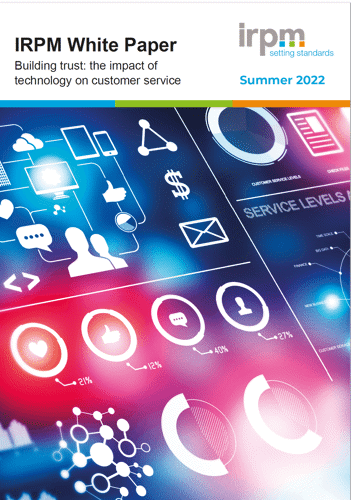BREAKING PROPERTY NEWS – 11/08/2022
Daily bite-sized proptech and property news in partnership with Proptech-X.
LettingaProperty.com Highlight New Smoke and Carbon Monoxide Alarm Regulation Changes for Landlords
Online lettings platform LettingaProperty.com is seeking to raise awareness among landlords and tenants of changes to the Smoke and Carbon Monoxide Alarm (England) Regulations. The regulations have been in place since 2015, but are changing in October. From 1 October 2022, all tenancies in England (including unlicensed HMOs but excepting accommodation such as student halls, hotels and care homes) will need to comply with the amended regulations.
The regulations require at least one smoke alarm on each storey of the home that has a room used as living accommodation. This requirement isn’t new for private landlords, but will now apply to social landlords too. Landlords must also ensure there is a carbon monoxide alarm in any room that contains a fixed combustion appliance (such as log-burning stoves or gas or oil boilers but excluding gas cookers) and which is used as living accommodation.
Perhaps the biggest change for landlords is that they will be responsible for repairing or replacing any smoke and carbon monoxide alarms once they are informed by their tenant. Before the amended regulations, landlords are currently responsible for installing and testing the alarm at the start of the tenancy – but it is the tenant’s default responsibility to repair or replace it during the tenancy.

“Being a landlord in the UK means keeping up to speed with a vast amount of legislation. That can feel both overwhelming and off-putting, which is why we’re here to support landlords by providing the information they need in a manageable, actionable format.”
Jonathan Daines, Founder and CEO, LettingaProperty.com
As of 1 October 2022, landlords will be responsible for this, though they will still rely on tenants to report issues.
All alarms must comply with British Standards BS 5839-6 (smoke alarms) and British Standards BS 50291 (carbon monoxide alarms), though it is up to landlords whether they equip mains or battery powered alarms. The government have advised that for battery-powered alarms, tenants should replace the batteries themselves. If the alarm still doesn’t work, or the tenant is unable to replace the batteries, they should report it to the landlord.
Jonathan Daines, Founder and CEO, LettingaProperty.com, said: “Landlords should be aware of their changing responsibilities come October 1st. While the majority of landlords will already have compliant smoke and carbon monoxide alarms, they may not realise the additional requirement to repair and replace these during the tenancy. These changes may seem small versus other legislation in the pipeline, but it’s more important than ever for landlords to be clued-up on all their legal obligations.”
Landlords must continue to ensure that alarms are in proper working order on the day that a tenancy commences and must keep a record of this. Any landlord who breaches the regulations may be liable for remedial notices and ultimately a fine of up to £5,000.
LettingaProperty.com plays a vital role in keeping landlords informed of legislative changes such as these.
WHITEPAPER – Building Trust: the impact of tech on customer service

IRPM’s fifth Tech Insights whitepaper, a series which aims to start a conversation around the future direction of residential block management, tackles ‘Building trust: the impact of technology on customer service’.
Out now, the whitepaper was formed after a round-table discussion between seven industry and tech experts who identified how the sector can use resident-focussed technology to deliver better customer service whilst supporting property professionals in their roles.
The latest tech insights whitepaper highlights events such as the Grenfell tragedy, the cladding crisis and the Covid-19 pandemic, have reduced customer trust towards property management professionals, but identifies that technology can play a part in rebuilding this trust.
Other key points covered in the whitepaper include:
- Apps need to be streamlined to work for consumers, and with consumer needs in mind.
- Self-service technology such as face recognition and QR codes can help agents and residents, but they should be honest about their capabilities and not over-promise.
- Make customers a part of your digital solutions by asking them what they want and need.
A July 2021 round-table discussion between seven industry and tech experts formed the basis of the whitepaper. Speakers represented tech suppliers, managing agents and Government-approved bodies.
The paper concludes with an outline of future targets in relation to technology and the sector. These include:
- The IRPM wants to play a part in driving the use of helpful technology, by helping to set up pilot programmes to encourage sector collaboration.
- The standardisation and consolidation of platforms will be key to ensuring technology usage is seamless.
- The sector needs to pay particular attention to transparency around service charges. Technology can provide the solution here, rather than Government regulation









